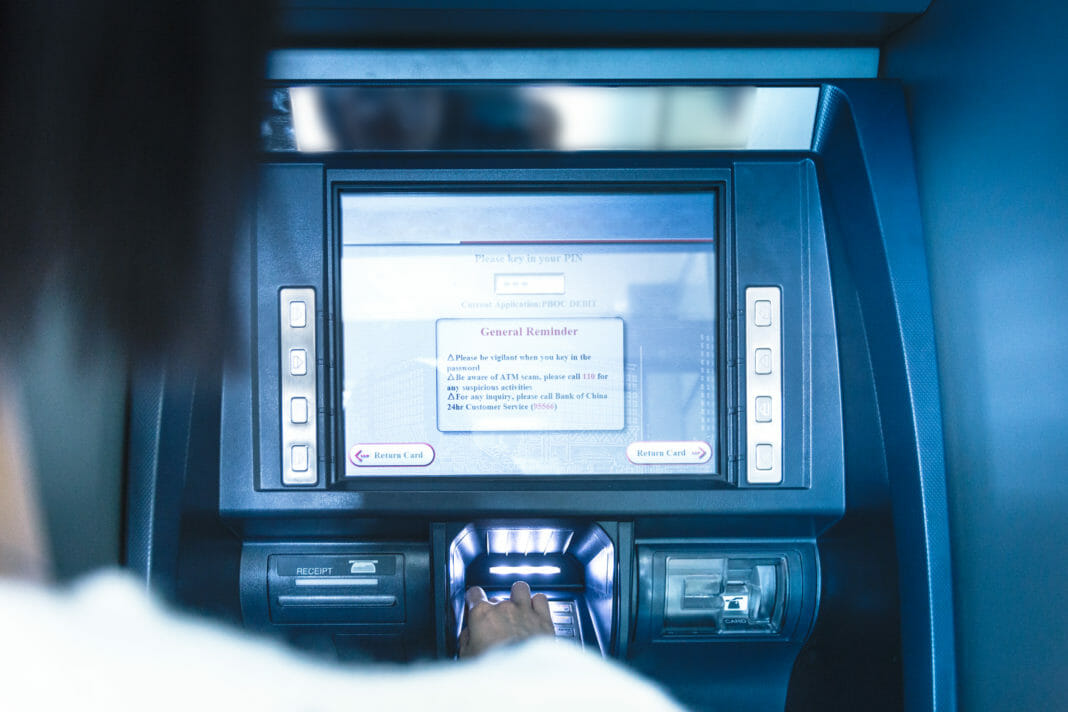The commitment of the organization is to achieve a more significant consolidation of cryptocurrencies. Clients of its private banking service in Switzerland already operate with bitcoin.
Banks have been tracking bitcoin (BTC) and cryptocurrencies for years. Nowadays, some of these banks still show skepticism, while many others have already taken the step to adopt it to design new business models.
A more open position is the Spanish BBVA, which recently activated the bitcoin trading service at its subsidiary in Switzerland. It is an alternative for private banking clients who want to receive more exposure to the first cryptocurrency market.
Alicia Pertusa, BBVA’s Head of Client Solutions Strategy, said that the priority is to grant every client total access to new cryptocurrency markets. The executive also expressed her concern about the variables that would drive greater demand for bitcoin on a broader scale.
“On the one hand, the greater regulatory standardization at a global level. On the other hand, the more significant technological maturity of service providers in crypto. From our experience, the exciting profiles are mostly private or institutional banking clients who want to bring a more diverse portfolio by investing a small percentage in crypto assets, “said Pertusa.
Two Factors acted as an Influence on the Operators’ New Perspective
The head of the strategy added that the private client segment also wants to explore investing in these assets. When asked about the change of opinion of some investors about bitcoin, who associated the cryptocurrency with allegedly illegal practices, Pertusa cited two factors that would have influenced the operators’ new perspective.
The first would be that law enforcement agencies are now more involved in monitoring their capacity to prevent money laundering and terrorist financing. The second would go about the development of tools to analyze the transactions on the Bitcoin network.
In the past, bitcoin received accusations of being a tool that serves mostly suspicious activities, an argument that received a harsh refutation from the head of the strategy at BBVA. Pertusa recalled that unlawful practices account for less than 1.5% of all bitcoin transactions. According to the UN, the figure is around 2% and 5% in national currencies.
Users Need to Have the Proper Tools and Knowledge
Pertusa pointed out that the vast majority of transactions with cryptocurrencies leave more traces than cash and even electronic money. Users need to have the proper tools and knowledge to use all the data that the blockchain provides.
The bitcoin purchase and sale operations in the bank’s Swiss subsidiary could be the first step for expanding the service to other markets in Europe or Latin America. On this point, the executive talked about the analysis of many different options as they find a more friendly environment regarding regulations, maturity, a piece of more strong knowledge about the network, and what is, perhaps, the most critical fact: demand.
By: Jenson Nuñez











